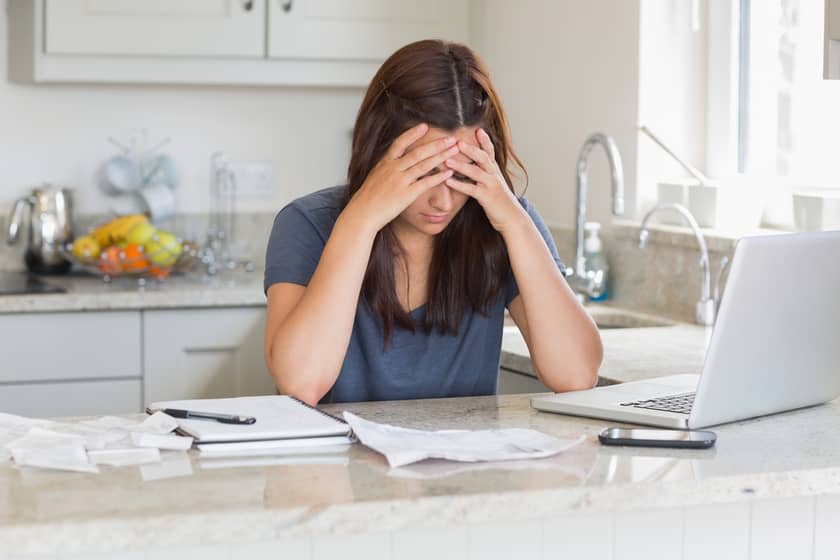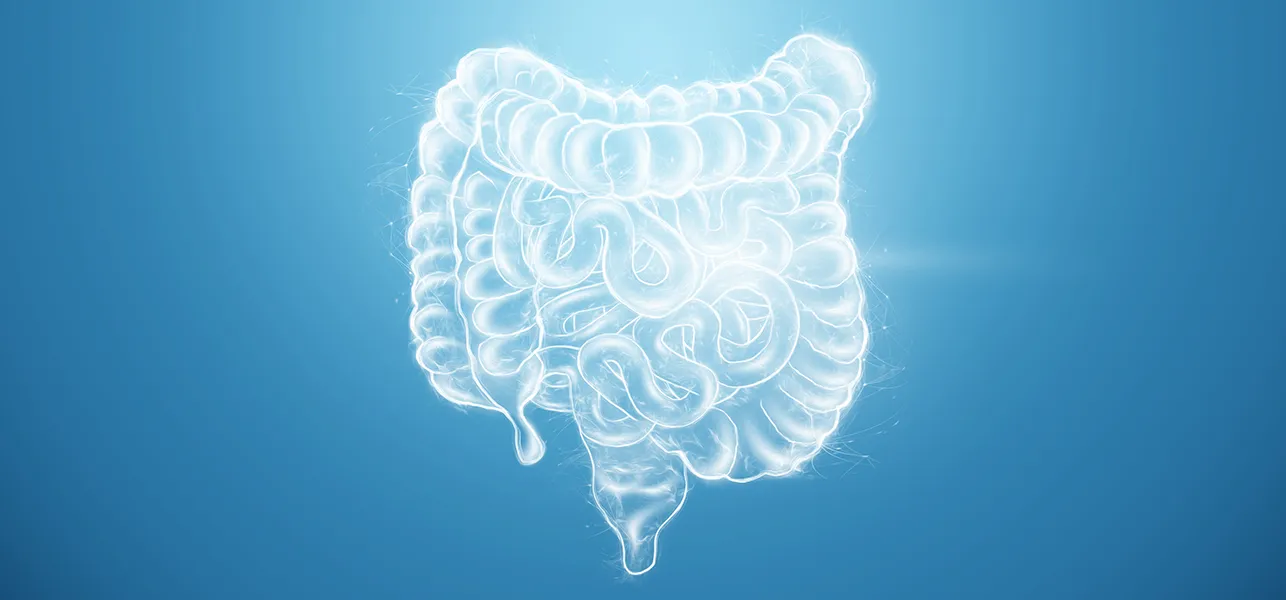Can Constipation Cause Vomiting? Signs and Symptoms You Should Know

Constipation is a common digestive problem that affects most of us from time to time.
Constipation is the name given to infrequent bowel movements and is categorized as having less than three bowel movements per week.
It’s uncomfortable, especially if it frequently occurs over a prolonged period. And in some cases, constipation is accompanied by other distressing symptoms that worsen the entire ordeal.
For example, nausea and vomiting occasionally occur for some individuals. Although usually short-lived, stomach upset coupled with constipation can be a lot to bear.
This article examines whether constipation is the culprit behind vomiting, what constitutes a medical emergency, possible causes, and how to prevent the scenario.
Can Constipation Cause Vomiting and Nausea?
Yes, constipation can cause nausea and vomiting. When you’re having trouble with your colon, your digestive system is thrown off track. With an inability to pass stool, hard stools can build up within the intestines.
As the food you eat isn’t moving as normal through the colon, it can linger in the stomach. This can cause abdominal pain, bloating, and nausea.
As stool remains trapped, it can trigger an imbalance of the gut microbiome, which can also contribute to a sensation of feeling sick.
Plus, if your abdominal discomfort leads you to food abstinence, you may feel sick.
All the above factors may lead an individual to vomit.

Advertisement
When Is Constipation a Medical Emergency?
Such symptoms as severe painful bowel movements combined with abdominal pain, painful bloating, black stool, vomiting, or blood in the stool are the signs that you should seek medical attention.
In the majority of cases, constipation is only a temporary inconvenience. Generally, you can relieve constipation with some simple home remedies.
Sometimes, chronic constipation alongside other symptoms might indicate a serious medical condition, such as intestinal obstruction or perforated intestine.
What to Do if Constipation Is Causing Vomiting?
If you persistently feel sick and vomit, you should seek medical attention from a health care professional.
If fewer bowel movements are causing you to feel nauseous or vomit, there are some ways to treat constipation at home.
Over-the-counter medications can help relieve constipation, as well as certain prescription medications. You may want to try a laxative or a stool softener, too.
In severe cases, vomiting and constipation may indicate fecal impaction. This occurs when a large quantity of hard stool becomes trapped in the colon. It requires emergency medical attention.
What Causes Constipation? 6 Common Causes
Constipation affects approximately 16 out of 100 adults in the US. It often comes down to poor diet, a sedentary lifestyle, or certain health conditions.
Here are 6 primary reasons you may be constipated.
#1 Irritable Bowel Syndrome
Constipation is a key symptom of irritable bowel syndrome (IBS), a chronic condition that affects the digestive system.
Other symptoms include bloating, diarrhea, and stomach cramps.
Often, certain foods, stress, anxiety, and gastrointestinal infections can trigger symptoms of IBS. Seek professional medical advice if you think you may have undiagnosed IBS.
#2 Unhealthy Diet
A poor diet that lacks dietary fiber is a principal cause of constipation.
Dietary fiber is essential for healthy bowel habits. It helps bulk up stool, increasing the weight and size while softening it. This makes it easier to pass stool without discomfort or excessive straining and prevents hard stools from forming.
Eating more fiber can quickly combat constipation and regulate bowel movements.
#3 Antibiotics and Medication
Certain medications can make you constipated for various reasons, from affecting the gut muscles to initiating dehydration.

Common culprits include:
- Antidepressants
- Some antibiotics
- Blood pressure medication
- Narcotic pain medications
- Opioids
- Iron supplements
- Overuse of laxatives
You can counteract constipation symptoms caused by medications by eating more fiber, drinking more water, and using fiber supplements.
#4 Dehydration
Dehydration is a significant cause of chronic constipation. When you don’t have enough water in your system, the large intestines absorb too much water from your stool, causing dry stools that are difficult to pass.
Drink plenty of water to keep your digestive system functioning at optimal levels. When you’re sufficiently hydrated, your body no longer needs to absorb water in excess from your colon.
#5 Stress
Feeling stressed can cause gastrointestinal issues, from nausea and stomach pain to constipation and diarrhea.

When stressed, the body releases more hormones, directly affecting the gut by slowing down the gastrointestinal tract. Additionally, you may skip meals, refrain from physical activity, and reduce your fluid intake when stressed, prompting constipation.
If you have long-term stress, you may end up with chronic constipation. Talk to your doctor about managing stress.
#6 Lactose
Lactose intolerance is a common digestive disorder that causes gas, stomach cramps, and diarrhea.
Although less common, constipation may be a sign of this underlying condition.
The inability to digest lactose can cause methane production in the colon to increase, slowing down digestive processes and leading to constipation.
How to Prevent Constipation and Vomiting?
You can prevent irregular bowel movements coupled with vomiting with several remedies. Treating constipation will generally alleviate nausea and vomiting.
The top solutions to improve constipation include:
#1 Taking fiber supplements
It would be a great idea to up your daily fiber intake with fiber supplements.
#2 Increasing fluid intake
Drinking more water to prevent dehydration that causes dry stools.
#3 Healthy eating habits
Cutting out junk food and eating various whole grains, fruits, and vegetables to ensure good digestive health.
#4 Exercising
Regular physical activity can help regulate bowel movements by keeping the intestines active.
#5 Mental wellness
Try to reduce stress with various practices such as exercise, meditation, and good sleeping habits.
A Word From our RD
Constipation rarely poses an immediate threat to health. As your digestive health is out of whack, many people experience nausea and vomiting from constipation.
However, constipation and vomiting can signify medical conditions, such as fecal impaction, where a large mass of hard stool becomes stuck in the colon.
To determine if your constipation is more than a minor inconvenience, look out for warning signs, including vomiting, dark or bloody stool, and severe stomach pain.
Visit a health professional immediately if you have severe constipation symptoms. A doctor can determine any underlying medical condition and provide treatment where necessary.
Takeaway
Constipation and nausea often go hand in hand, while vomiting may occur in some people. Chronic constipation with vomiting can be an underlying condition that requires advice from a doctor, so always obtain medical advice if your symptoms fail to improve or worsen.
If you have bloody stool, vomiting, and intense abdominal pain, you should seek emergency attention.







Comments (0)